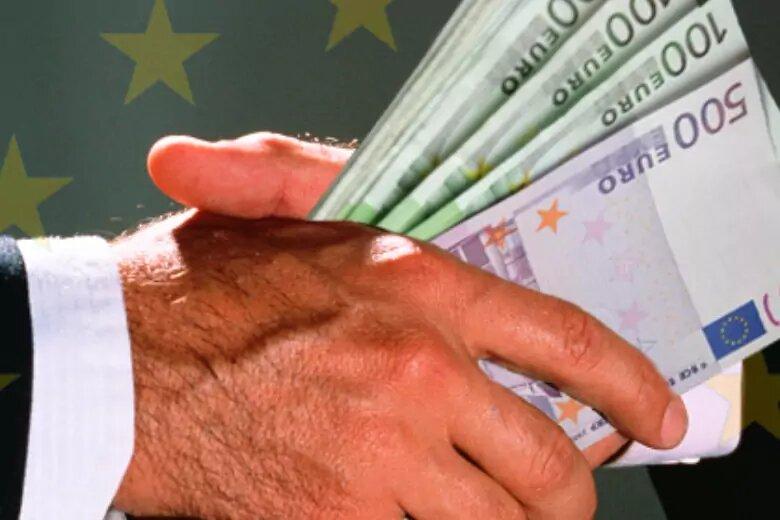Politico: The European Parliament is once again caught in corruption
Caliber.Az has repeatedly highlighted the fact that the European Parliament has turned into a big corruption trough. The infamous “Qatargate” scandal that rocked the European body in 2022 is evidence of this. The main persons in this corruption story were Deputy Speaker Eva Kaili, MEPs Marc Tarabella, Andrea Cozzolino, Pier Antonio Panzeri and Niccolo Figa-Talamanca. All of them are accused of accepting bribes and trying to influence EU policy.
So financial fraud is not uncommon here. Therefore, it is not surprising that the activities of corrupt EU legislators have once again become the focus of media attention.
According to Politico, Belgian Prime Minister Alexander De Croo has recently announced that EU lawmakers have been paid to disseminate Russian propaganda.
De Croo said on March 28 that there “has been a close collaboration” this week between Belgian and Czech intelligence services toward smashing a Russian propaganda network.
“It came for example to light that Russia has approached MEPs, but also paid [them], to promote Russian propaganda here,” De Croo said, during a debate in the Belgian national parliament about foreign interference, without naming the lawmakers.

De Croo’s spokesperson told POLITICO the prime minister was referring in his remarks to the Czech government’s decision to sanction the news site Voice of Europe, which Prague said was part of a pro-Russian influence operation.
The Czech foreign ministry announced on March 27 that it had sanctioned Ukrainian oligarch Viktor Medvedchuk, an ally of Russian President Vladimir Putin. The press release said Medvedchuk ran a “Russian influence operation” from Russia on Czech territory using Voice of Europe.
Czech Prime Minister Petr Fiala said on March 27 that authorities had “hit a pro-Russian network” that attempted to set up an influence operation with security consequences for the Czech Republic and the EU.
“This decision is in the security interest of the Czech Republic, as well as contributing to the protection of the democratic nature of the forthcoming elections to the European Parliament,” the Czech foreign ministry added.
Voice of Europe’s site is currently unavailable and its account on X (formerly Twitter) hasn’t posted since Wednesday.
European Parliament deputy spokesperson Delphine Colard said the Parliament is currently “looking into the findings” of the Czech authorities about Voice of Europe.








